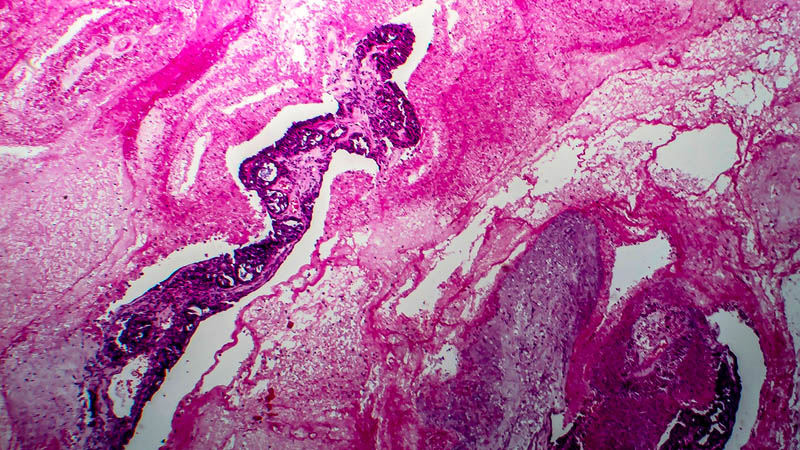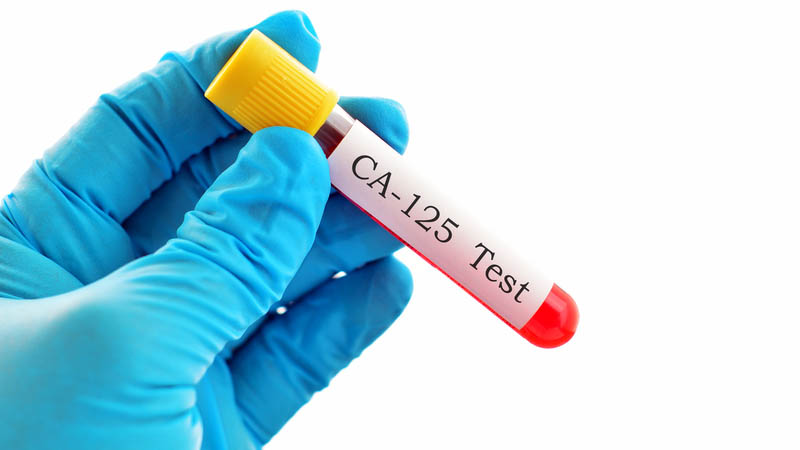Intraperitoneal chemotherapy in the treatment of late-stage ovarian cancer
Mirosława Demska
 Affiliacja i adres do korespondencji
Affiliacja i adres do korespondencjiOvarian cancer is worldwide the leading cause of mortality in women with genital tract malignancy. Over one-half of patients are diagnosed with their ovarian cancer in the 3rd and 4th clinical stage. Currently, the standard protocol of management consists in surgery aiming at obtaining histological diagnosis, determination of clinical stage and cytoreduction followed by chemotherapy. At present, generally accepted chemotherapy protocol includes paclitaxel and platinum derivates (6 courses 3 weeks apart). Unfortunately, the outcome of this therapy is far from satisfactory and only about 20% of women with late-stage ovarian cancer survive over 5 years. Studies are underway aiming at improvement of the patients’ survival rate. Promising results are associated with intraperitoneal chemotherapy, which may be implemented as first-line treatment, consolidation of remission or salvage treatment. This modality may be an attractive alternative, because it by-passes peritoneal barrier, overcomes resistance of cancer cells, results in less systemic toxicity, increases exposure of tumour to high concentration of cytostatics. The newest GOG172 trial confirmed a 21.6% mean reduction of death risk. This study enabled to define a group of patients who may benefit most of intraperitoneal chemotherapy. These are patients in the 3rd clinical stage, after optimal surgical cytoreduction, with minimal residual disease. At present, great hopes are associated with the protocol including intraperitoneal cisplatin (100 mg/m2) and taxanes administered intravenously only or intravenously and intraperitoneally.









